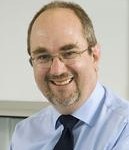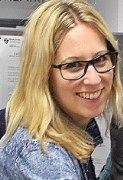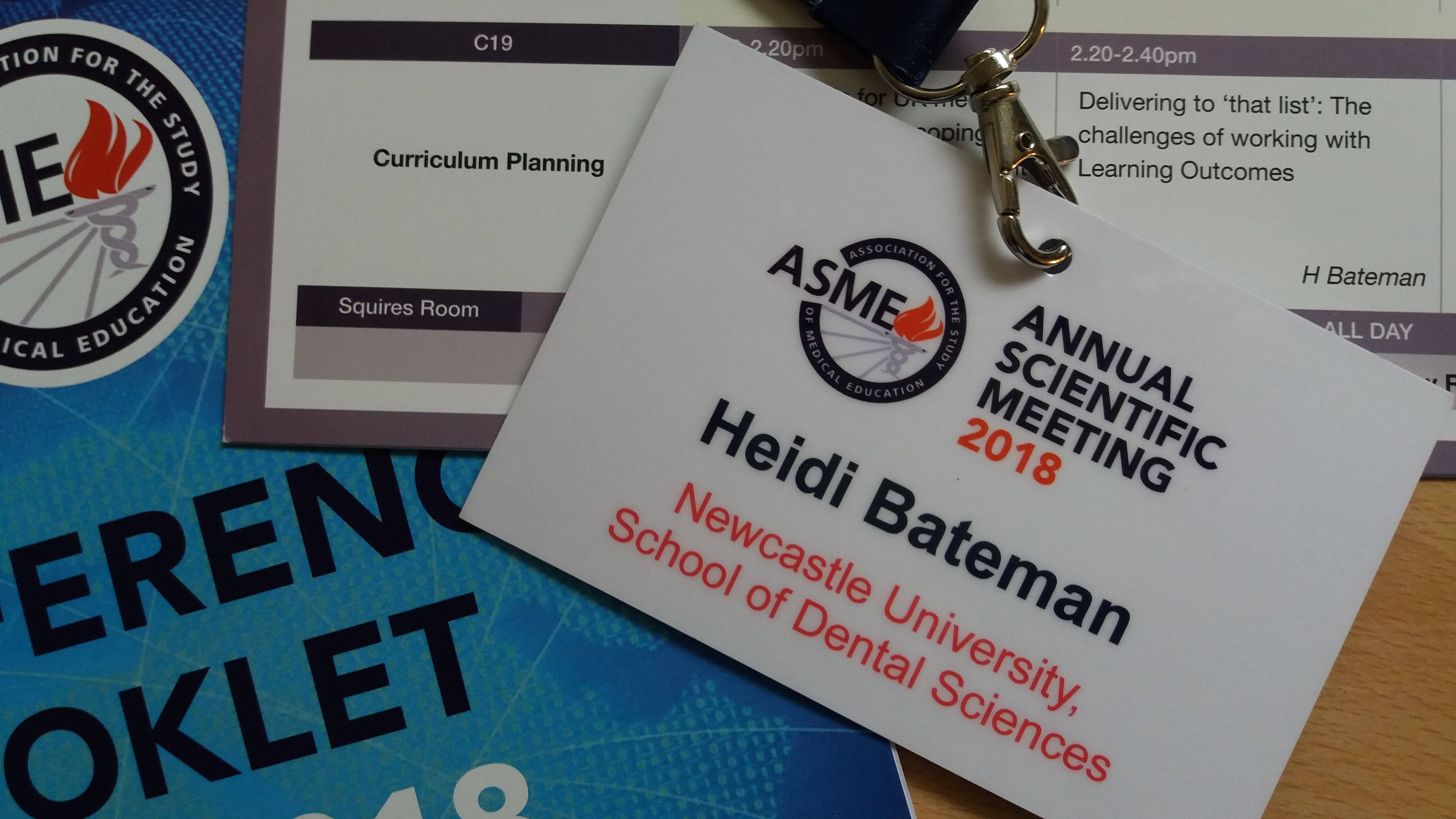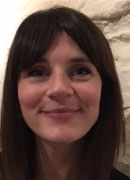 In 2017 Ashleigh Stamp and Sarah Rolland were awarded an ERDP Development Grant to fund a project to develop, pilot and assess the effectiveness of a Patient Feedback Tool (PFT) to provide dental undergraduates with formative feedback on patient-perceived communication skills and professionalism. This report details the progress of this project to date.
In 2017 Ashleigh Stamp and Sarah Rolland were awarded an ERDP Development Grant to fund a project to develop, pilot and assess the effectiveness of a Patient Feedback Tool (PFT) to provide dental undergraduates with formative feedback on patient-perceived communication skills and professionalism. This report details the progress of this project to date.
Background
The powerful influence of feedback on student learning is well documented, with it being an essential component in clinical education and professional development.1-3 Patient feedback can complement and enhance that delivered by clinical teachers and academics; this is particularly pertinent when it comes to communication skills and perception of student professionalism, providing unique insight into the actions of those training and working in caring professions and provided greatest benefit to future healthcare provision.4-6
With effective feedback being highly valued by students and benchmark of good practice within higher education, increasing the role of patients in the development of future dental professionals is crucial. Recognising this, the General Dental Council (GDC) have stipulated the key role patient feedback must play in the quality assurance within undergraduate dental education.7 Where concerns about anonymity could influence the nature of observations provided, Simulated Patients (SPs) may offer an alternative source of ‘patient’ feedback.
Objectives
- Develop a Patient Feedback Tool (PFT) to assess communication skills and professionalism – from the ‘patient’ perspective
- Embed this PFT within an undergraduate Bachelor of Dental Sciences (BDS) Objective Structured Clinical Examination (OSCE)
Work undertaken so far
A draft paper-based PFT (comprising checklist and free text elements) was developed by the research team, based on a summative clinical assessment utilised by Newcastle School of Medical Education. Following initial pilot within a BDS OSCE, a series of focus groups with dental undergraduates, SPs and staff (Figure 1) explored:
- priorities relating to PFT purpose, design and delivery
- perception of nature, worth and dissemination of feedback (including review of anonymised PFT free-text comments)
 Audio recordings of focus groups were transcribed prior to thematic analysis and used to modify the PFT prior to further pilot. Concurrent thematic analysis of free-text comments considered ‘how’ SPs used this component of the PFT.
Audio recordings of focus groups were transcribed prior to thematic analysis and used to modify the PFT prior to further pilot. Concurrent thematic analysis of free-text comments considered ‘how’ SPs used this component of the PFT.
Preliminary Results and Discussion
Students, SPs and staff identified distinct benefits offered by a formative PFT and agreed a necessity to highlight areas of commendation and concern. The ability to provide and receive free-text comments was highly valued by SPs and students, respectively. Placing greater emphasis upon this aspect of the PFT is reliant upon appropriate SP training, calibration and time to formulate feedback as well as a distinct need to deliver feedback in a safe and supportive environment; recognising the means of doing so may differ between learners. Despite staff concerns about student access to ‘raw’ individualised feedback, this was met with enthusiasm by learners; recognising the potential for unbiased and constructive comments to aid professional development and benefit healthcare provision.
Further Research to be Undertaken:
Recognising the limitations of a tool employed within scenarios designed to replicate ‘real-life’, further research will enhance PFT design and delivery whilst considering its influence upon student development. Key to this will be increasing user-friendliness of the PFT, converting the checklist component to a series of Likert-type scales reflecting areas of commendation and concern and considering the use of digital technology. Workshops with key stakeholders over coming months will guide PFT development and consider its ability to ‘feed-forward’ to shape undergraduate training across Newcastle SDS.
Dissemination:
This preliminary research was presented in 2018 at the International Association for Dental Research 96th General Session and Exhibition/Pan European Regional Congress in London.
References:
- Ende J. Feedback in clinical medical education. JAMA 1983; 250:777-781.
- Hattie J, Timperley H. The Power of feedback. Review of Educational Research 2007; 77:81-112.
- Norcini J. The power of feedback. Medical Education 2010; 44:101-108.
- Cleland J A, Abe K, Rethans J-J. The use of simulated patients in medical education: AMEE Guide No 42. Medical Teacher 2009; 31:477-486.
- Park J H, Son J Y, Kim S, May W. Effect of feedback from standardized patients on medical students’ performance and perceptions of the neurological examination. Medical Teacher 2011; 33:1005-1010.
- Von Fragstein M, Silverman J, Cushing A, Quilligan S, Salisbury H, Wiskin C. UK consensus statement on the content of communication curricula in undergraduate medical education. Medical Education 2008; 42:1100-1107
- General Dental Council (2015) Standards for Education. Standards and requirements for providers. London: General Dental Council. [Online]. Available at: https://www.gdc-uk.org/professionals/education (Accessed: 27th March 2017).
Project team: Miss Ashleigh Stamp (Paediatric Dentistry), Dr Efstathia Tzemou (School of Psychology) Dr Richard Holmes (Dental Public Health) and Dr Sarah Rolland (Orthodontics).
 Congratulations to all who were nominated or won an award at this year’s Peer Mentor of the Year Awards. The awards take place every year and celebrate peer mentoring across the University.
Congratulations to all who were nominated or won an award at this year’s Peer Mentor of the Year Awards. The awards take place every year and celebrate peer mentoring across the University.







